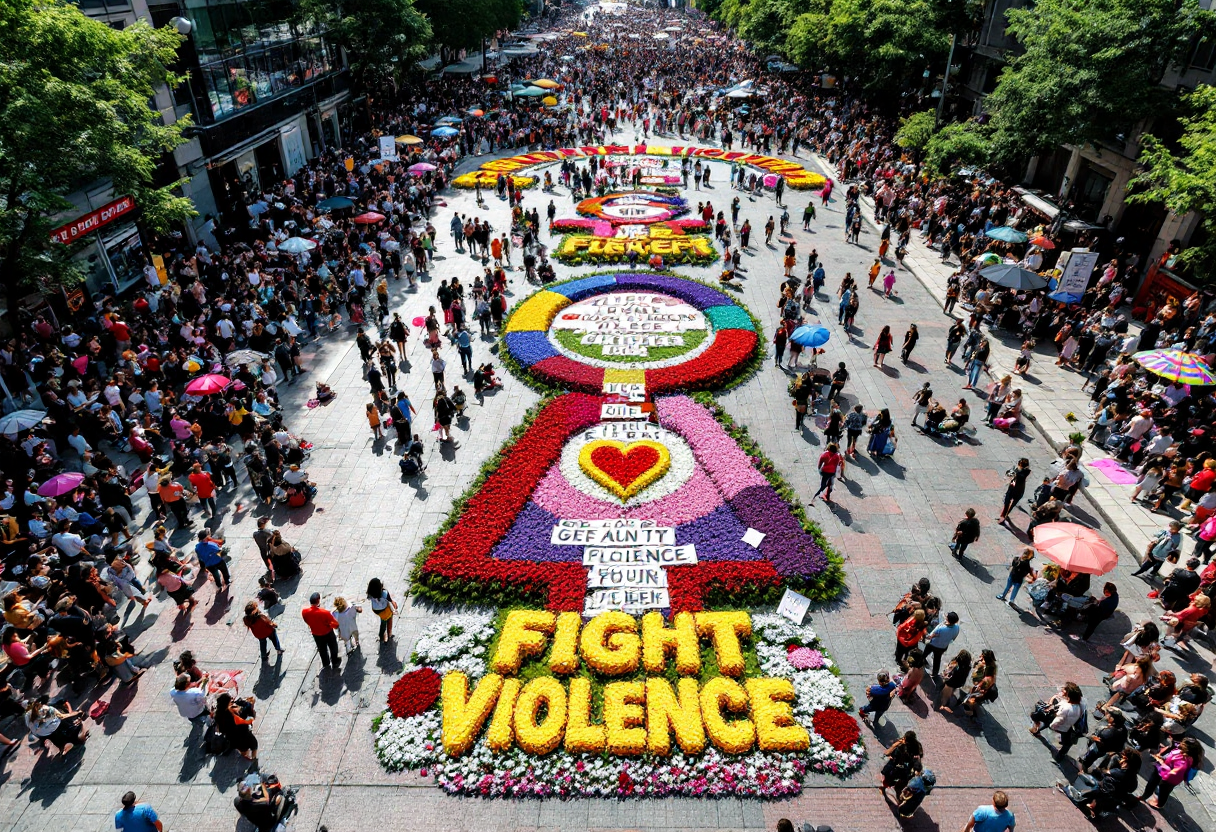Table of Contents
Marching for change: Honoring victims of gender-based violence in Canada
On a somber Friday, supporters gathered in Trail, B.C., to honor the life of Lindsay Danchella, a mother and registered nurse tragically murdered by her estranged husband. This gathering was part of a nationwide movement, as communities across Canada held marches, memorials, and vigils to mark the National Day of Remembrance and Action on Violence Against Women.
The event served as a poignant reminder of the ongoing crisis of gender-based violence that affects countless women and girls.
Breaking the silence
Ann Godderis, a representative from the FAIR Society and WINS Transition House, addressed the crowd, highlighting the pervasive fear many women live with daily.
“There are many women living in fear, walking on eggshells, wondering when the next cruelty will descend on them,” she stated, emphasizing the urgent need for societal change. Heather Wiley, a friend of Danchella, echoed this sentiment, saying, “Lindsay brought people together in life, but in her death, we are bound and united together to break the silence and break the cycle.” This powerful message resonated with attendees, who were there not just to remember a life lost but to advocate for a future free from violence.
National remembrance and action
The marches were not isolated events; they were part of a larger movement across Canada. In downtown Vancouver, a group gathered at a monument commemorating the 14 women killed in the 1989 Ecole Polytechnique shooting, a tragedy that still echoes in the hearts of many.
Meanwhile, in New Westminster, shoes adorned with the names of women and girls who lost their lives to violence lined the steps of city hall, serving as a stark visual representation of the epidemic. Angela Marie MacDougall, executive director of Battered Women’s Support Services, criticized the government’s lack of urgency in addressing this crisis, stating, “The priority is simply not there, that half the population simply does not matter.”
Advocating for change
As of 2024, British Columbia has already seen 20 women killed due to gender-based violence, with over 160 women murdered across Canada in similar circumstances. MacDougall and other advocates have long pushed for the recognition of femicide in the Criminal Code, arguing that without political will to confront the root causes of violence against women, memorials and marches will continue to be necessary.
“Until we address these issues head-on, we will keep gathering to remember those we’ve lost,” she warned. The collective grief and determination displayed at these events highlight the urgent need for systemic change and the importance of community solidarity in the fight against gender-based violence.




